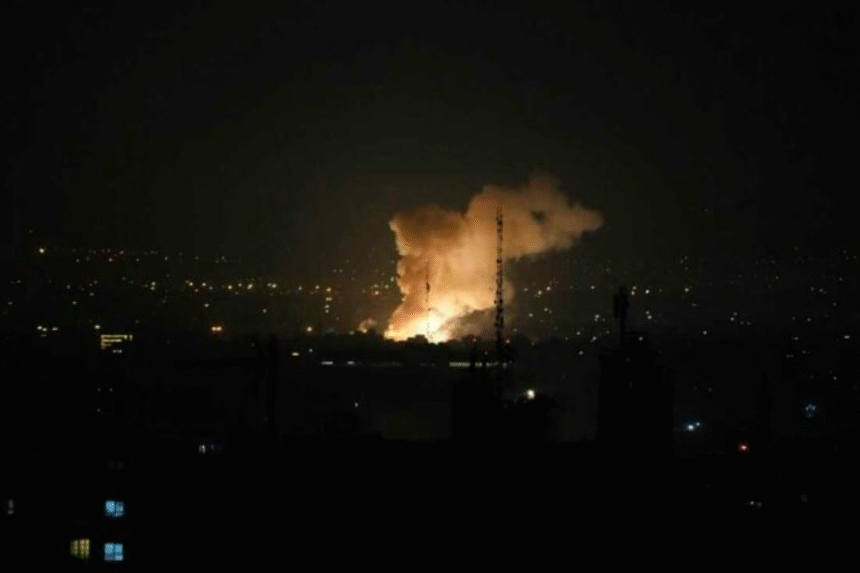Countries around the world have responded to Israel’s airstrikes on Iran with varying degrees of concern, ranging from strong condemnation to calls for de-escalation and diplomacy, Rks News reports.
The Saudi Arabian Ministry of Foreign Affairs strongly condemned the strikes, calling them a “flagrant Israeli aggression” that undermines Iran’s sovereignty and security and violates international laws and norms.
The Chinese Embassy in Iran described the situation as “serious and complex,” urging Chinese citizens in Iran to stay alert, monitor developments closely, increase personal safety measures, and avoid crowded or sensitive areas.
U.S. Secretary of State Marco Rubio emphasized that the United States was not involved in the Israeli strikes and that Washington’s top priority remains the protection of American personnel in the region.
Australian Foreign Minister Penny Wong expressed deep concern over the growing tensions between Israel and Iran. She called for dialogue and diplomacy, warning that further escalation could destabilize an already fragile and volatile region.
New Zealand’s Prime Minister Christopher Luxon also criticized the attacks, calling them “a truly unfortunate development in the Middle East.” He cautioned about the risks of “miscalculation” and highlighted the importance of planned U.S.-Iran nuclear negotiations in Oman, calling them “the best path forward” — though their future is now uncertain.
UN Secretary-General António Guterres, through his spokesperson, condemned all military escalations in the region and urged both parties to exercise restraint and pursue peace through dialogue.
Meanwhile, India’s Ministry of External Affairs, via spokesperson Randhir Jaiswal, stated that it is carefully monitoring the situation, including reports of strikes on Iranian nuclear sites. India called for calm and de-escalation, emphasizing its “close and friendly” relations with both Israel and Iran.







